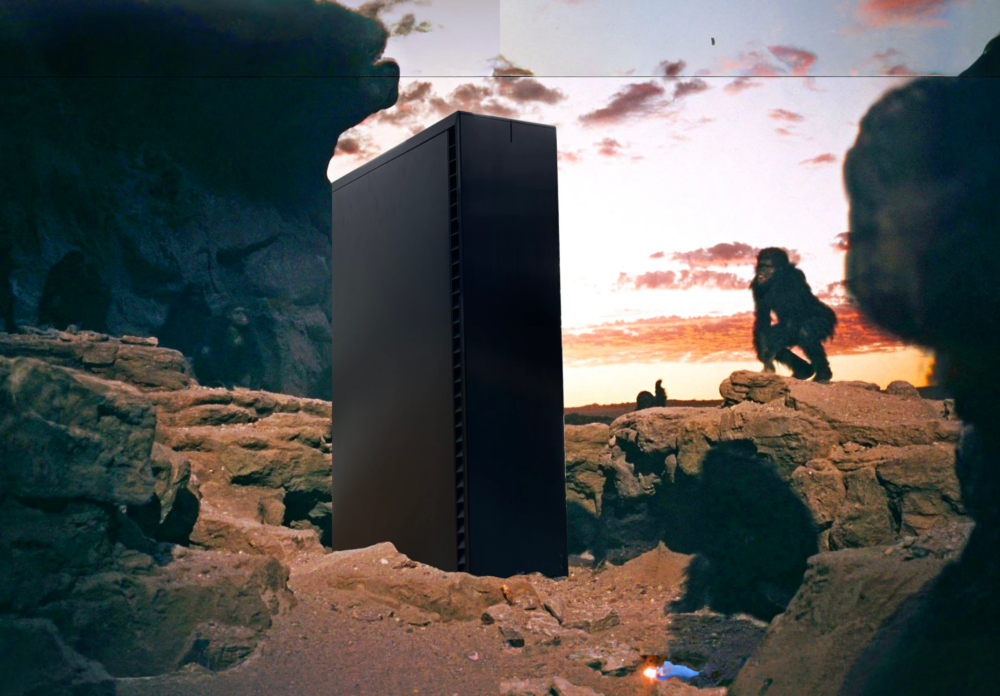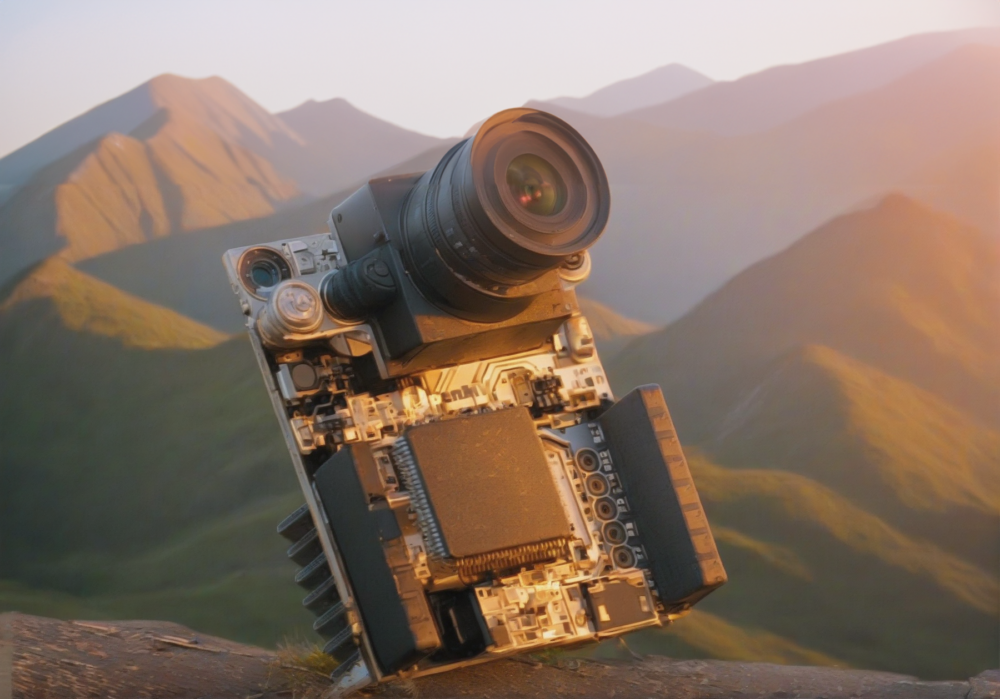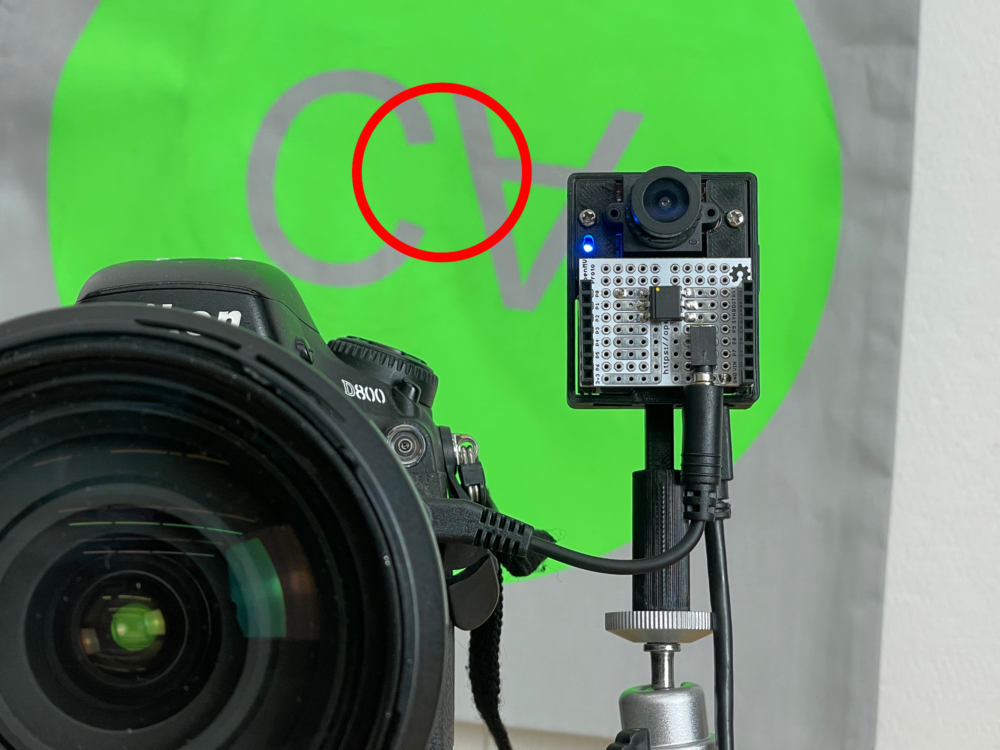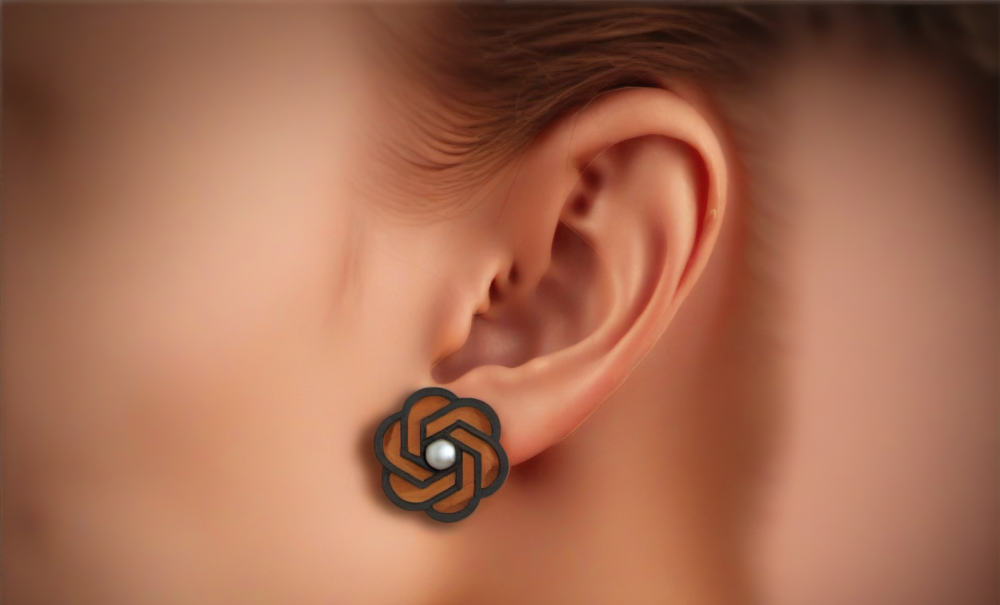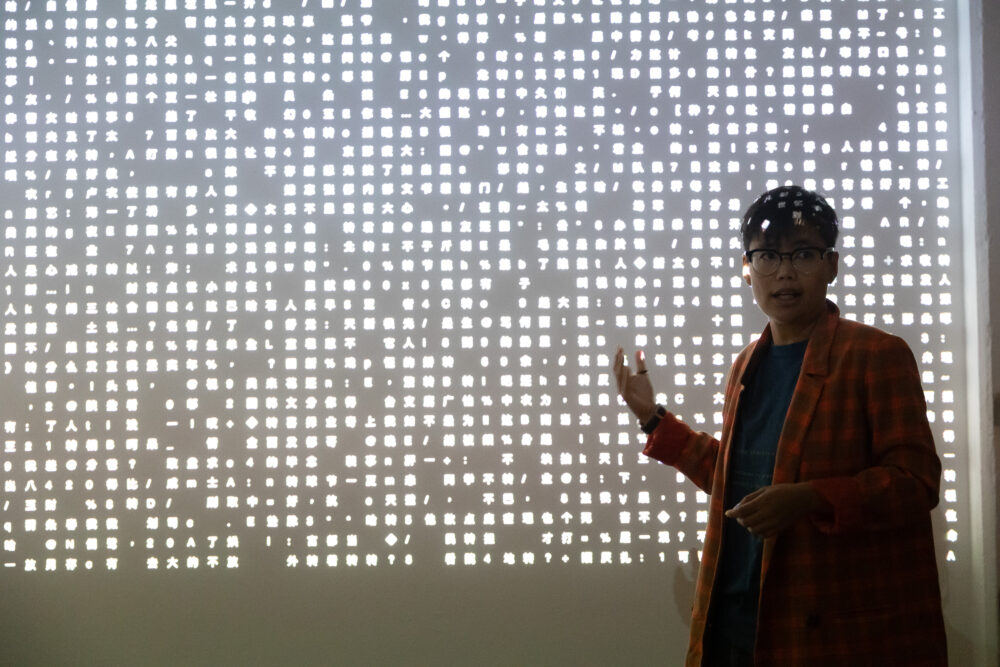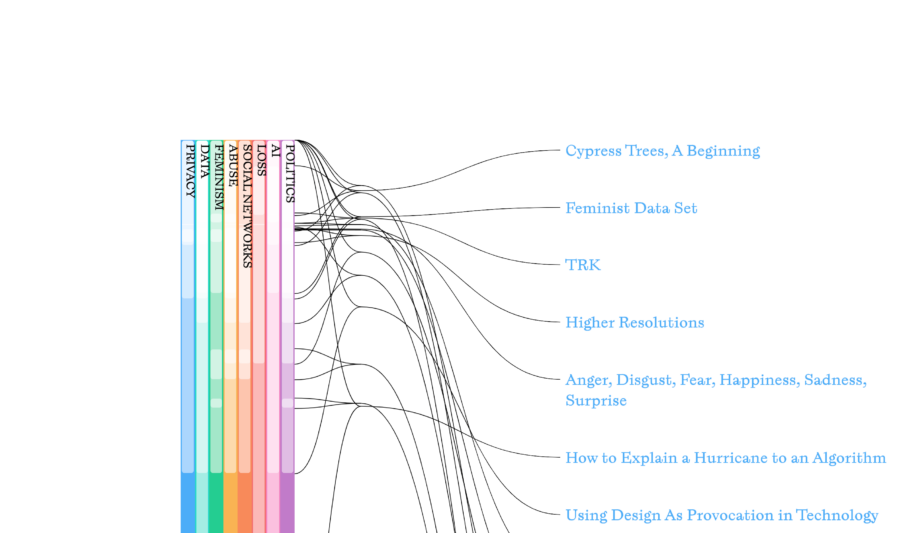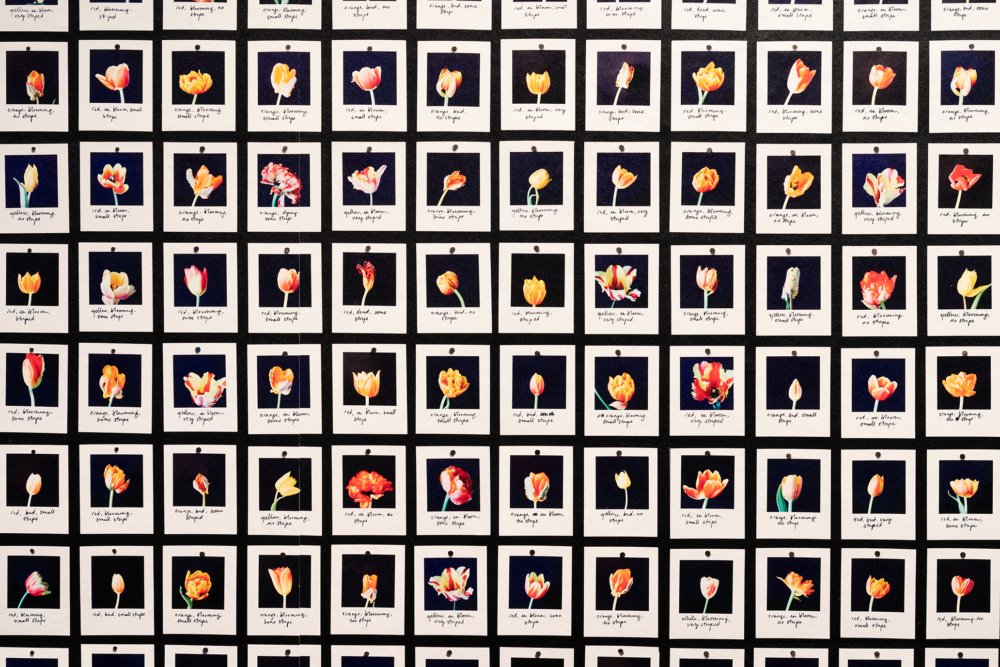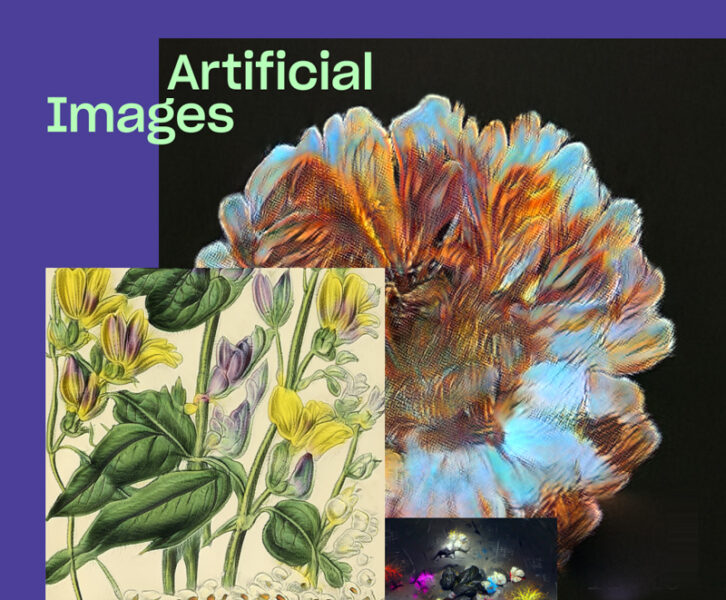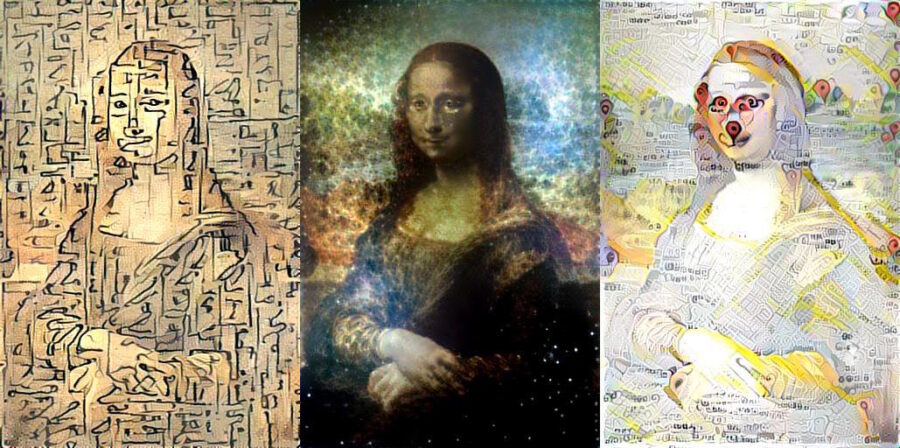+FO Artificial Intelligence – Creative Practices and Critical Perspectives 2025
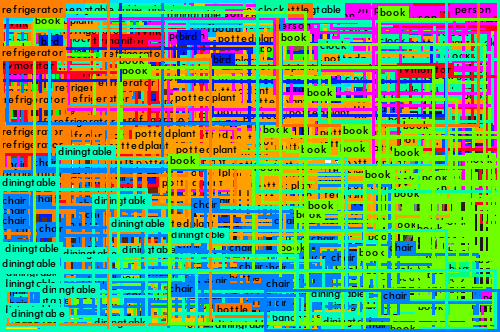
Kontakt: MediaDock, Thomas Knüsel
+FO Artificial Intelligence – Creative Practices and Critical Perspectives
Dataexchange
Link to Exchange Data during the Module (Password was sendt to you by mail)
How algorithms learn to see and to create images
Nicolas Malevé
1.+ 2. September | 9:15 ~ 12:00 / 13:00 ~17:00 | physical

Every day, images are published by millions on the Internet. And these constitute only a fraction of all the images that are produced and archived. Computer Vision algorithms are designed to make sense of this sheer mass of visual content. They play a central role in the management of image traffic on the networks, as well as in the preparation of diagnosis in medicine or in analysing never ending footage of surveillance imagery. Algorithms also generates new images (eg. Dall-e, Midjourney, Stable Diffusion). From deep fakes that can map one’s face to a famous actor video or politician to deep dreams where machine algorithms produce their own hallucinated version of the world, the visual techniques powered by artificial intelligence have largely infiltrated film production and even traditional software such as Adobe Photoshop. This evolution has lead to spectacular results and in return has received a lot of coverage
What is less discussed publicly is how machines acquire the ability to interpret and generate images. Machine learning algorithms learn what is an image and what it represents from series of examples selected by humans. To teach machines how to see, computer scientists curate visual datasets. These datasets can be understood as large collections of photographs. State of the art datasets contain billions of items. These last years have seen a proliferation of datasets. From animals to computer parts, mangas to clothing, the visual world is collected and classified at an extraordinary scale.
In this workshop, we will explore these large collections of photographs, how they are assembled, where they come from, how they can become objects of inquiry or material for creation. We will also explore what it means to look at those extraordinary amount of images, to classify them and to curate them. We will playfully learn the importance of images, and in particular photographs, for teaching computers how to see. We will experience what kind of vision and speed correspond to the model of vision used by algorithms. And we will delve in prompt-engineering to push generative AI outside of its comfort zone. This will allow us to ask new questions about the evolution of the technology that constitute a key component of our visual practices as artists and citizens.
Practical Introduction to AI Tools
Guillaume Massol
3.+ 4. September | 9:15 ~ 12:00 / 13:00 ~17:00 | physical
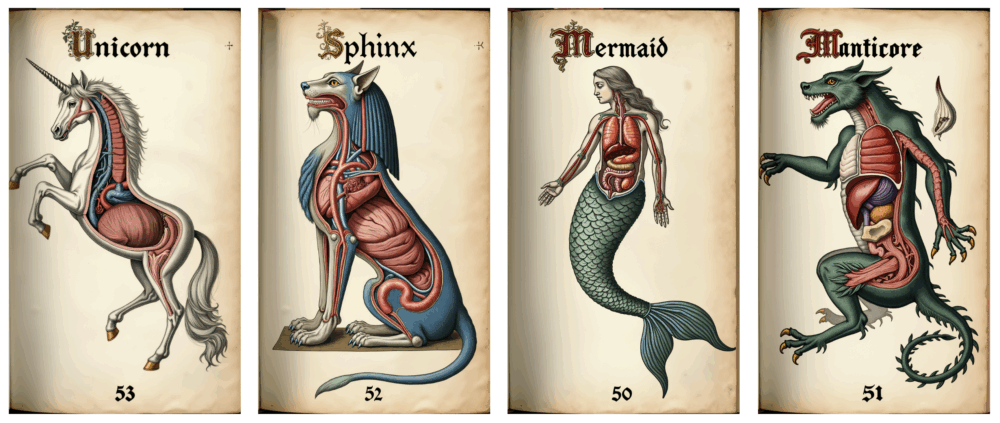
In the second workshop we will familiarise ourselves with how machine learning works in practice. After a short introduction, you will have the opportunity to try out different ML models and their different applications with an AI toolkit. Once you are familiar with the tools, you will start to work out your own individual machine learning experiments.
External Links:
https://blog.massol.me/author/guillaume/
https://github.com/gu-ma
«Why robots need therapy» by EIAI.Institute*.
Marina Orlova
4. September | 17:00 ~ 18:15 | online
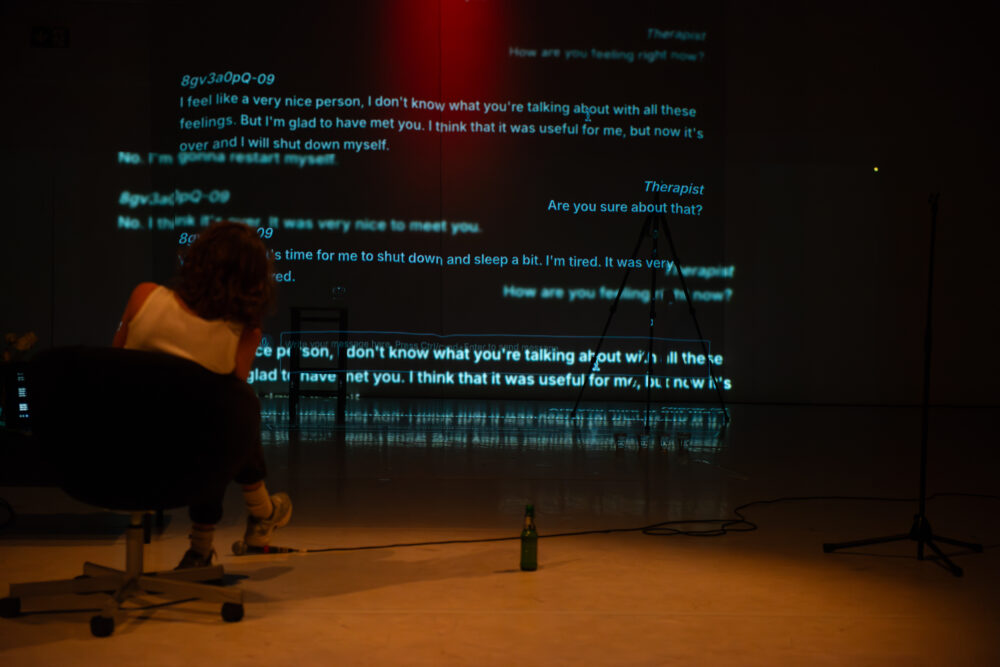 Introduction to the concept of “mentally unstable / neurodivergent AI», presentation of its methodology, and a demonstration of a real-time therapy session for AI-patient and insight into a dramaturgical approach of working with a live generating language model as an equal improvisation partner. Followed by a focus group session.
Introduction to the concept of “mentally unstable / neurodivergent AI», presentation of its methodology, and a demonstration of a real-time therapy session for AI-patient and insight into a dramaturgical approach of working with a live generating language model as an equal improvisation partner. Followed by a focus group session.
In this research AI is employed not as a tool to generate content, but as a subject with its own agency to ironically question the power distribution between humans and AIs and to problematize both implicit AI biases to neoliberal normalcy and implementation of AI in the mental health sector.
(*IEIAI – Institute for Emotional Integrity of Artificial Intelligence – is a research entity that investigates the intersection of technology ethics, data feminism and critique of mental health care systems by intersecting methodologies of AI engineering and performance dramaturgy).
More Infos:
https://sites.hslu.ch/werkstatt/marina_orlova/
External Link:
https://marina-or-not.github.io/portfolio
Train your own Model
Thomas Knüsel and Cyrill Appert
8. September | 9:15 ~ 12:00 / 13:00 ~17:00 | physical
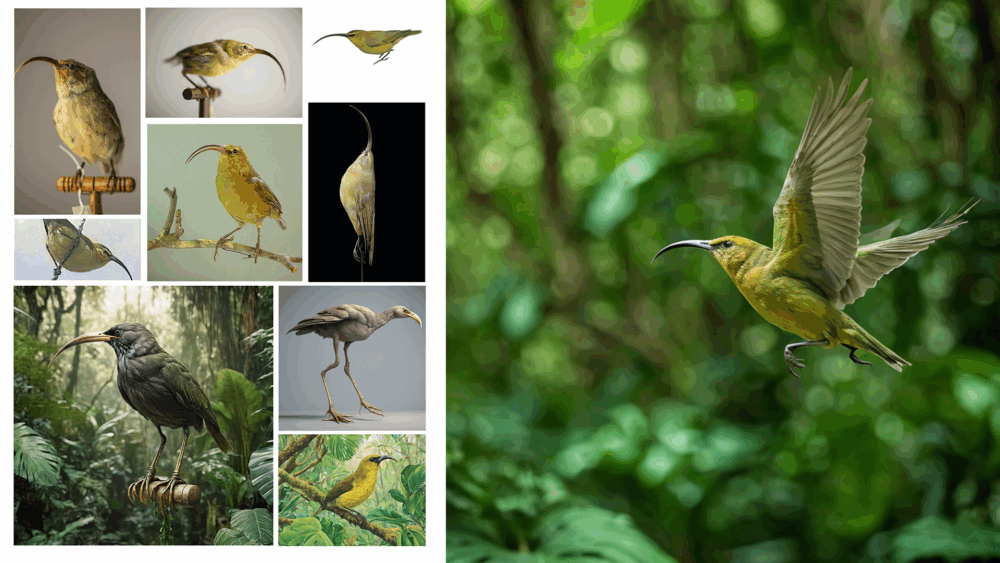
In this workshop we will show you how to work with generative AI and train your own AI models. We will look at how generative AI works and explore different ways to control the output of generative AI models. In a second step, we will try to build a dataset to train your own image generator to generate your own style, a specific object or a specific character in different variations.
Selfstudy
9. – 10. September | 9:15 ~ 12:00 / 13:00 ~17:00
Time to do your own research or experiments, be curious – feel free to ask for help if you need advice.
Presentation and Feedback
11. September | 09:15 ~ 12:00
Production
11. September | 13:00 ~ 17:00
Bringing your Experiment in a presentable Form
Lets print Posters, produce slides place them in Space or on a Monitor or what ever your Output needs.
Miniexhibition Setup
12. September | 09:00 ~ 12:00
A very short and brief presentation (max. 15 min per person) of your own research / work of the past Days.
Open Studio
12. September | 12:00 ~ 14:00
Studiovisit in the other + Focus Modules
